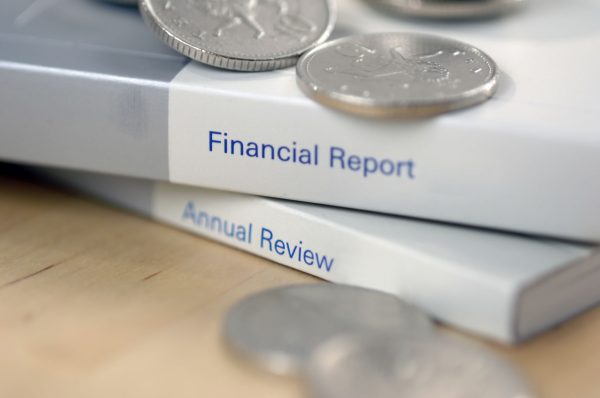Although FRS 102’s triennial review has been generally well received, one issue covered, that has been quite vexatious to some, has been that of payments made by subsidiaries to their charitable parents that qualify for gift aid. Here is a summary of the issue and some of the questions that we, at Insight Training, have been asked on recent charity and housing association update courses:
What’s the key issue?
When subsidiary profits are gift-aided to a parent charity these are deemed to be distributions (akin to dividends) for legal and accounting purposes. The rules are:
- The payment is presented in the statement of changes in equity (SOCIE), rather than in the profit and loss account of the subsidiary; and
- If the payment is not made in the year in which the profits are made, an accrual cannot be made at the year-end by the subsidiary unless a deed of covenant is in place.
The accounting treatment required by FRS 102 doesn’t change the tax treatment. Broadly speaking, as long as the payment is made within 9 months of the year end, the related subsidiary profits are not taxed. Fiscal alchemy!
This tax benefit is anticipated in the year end accounts of the subsidiary in the year in which the profits are made (e.g. by zeroing the tax charge) even if an accrual hasn’t been booked.
Straightforward then?
Essentially yes, as this is simply a bookkeeping issue. Many don’t like the fact that the tax benefit of the distribution is anticipated in the year in which the profits are made, even though the distribution might fall to be accounted for in the subsequent accounting period. And no deferred tax adjustment is made to smooth things out.
Symmetrical treatment in the books of the parent charity?
Many think so – such that, if the payment isn’t accrued in the books of the subsidiary, the corresponding income cannot be accrued by the parent charity.
This view isn’t universally held though. Income recognition in charities depends (per the charity SORP) on entitlement, probability and measurability and some feel that this can be demonstrated even if the (non-charitable) subsidiary hasn’t accrued for the payment in its books. However, if the subsidiary has no obligation, how can the parent charity claim it has entitlement?!
Prior period adjustment?
Where the accounting approach changes, yes – though some may have already been accounting for such distributions in the way now advocated by FRS 102.
Some commentators are keen to point out that to accrue for such a distribution before an obligation exists has, for many a long year, been a breach of GAAP and that this should be corrected via an immediate prior period adjustment (where the effect is material) – rather than waiting until accounting periods beginning on or after 1 January 2019, when the triennial review amendments generally kick in.
Does a pre-year end board minute create an obligation – and thus validate a year end accrual?
No. FRS 102’s ‘basis for conclusions’ paragraph B29.13 makes clear that a board decision made before the year end is not sufficient to create an obligation. Thus, a proper deed of covenant – drawn up by a lawyer – would be required.
Would ‘constructive obligation’ work?
No. Constructive obligations validate provisions for liabilities, dealt with by section 21 of FRS 102. These are ‘liabilities of uncertain timing and amount’ which such distributions are certainly not. Furthermore, the accounting here is governed by the Companies Act.
‘SOCIE’ or ‘SOIRE’ in the books of the subsidiary?
A statement of income and retained earnings (SOIRE) is allowed, per FRS 102, when the only things that cause equity to change year on year are profit, dividends and prior period adjustments. The payment here is a distribution – but not a dividend – so the payment would need to be presented in a subsidiary statement of changes in equity (SOCIE).
Anything else to watch out for?
Such distributions are only allowed – based on company law – where accounting profits are available for the purpose. So, if a subsidiary has got a negative balance on its P&L reserve, distributions cannot be made until sufficient profits have been made to make the negative balance positive.
Any silver lining?
A partner in an audit firm told me recently that deferring the point of recognising such a distribution in the books of a subsidiary had, for one of his clients, strengthened its balance sheet which had improved its credit rating – for which it was grateful. The ‘law of unintended consequences’ perhaps?!
So, in summary, quite a niche issue but one that has created problems, particularly in the charity and housing sectors. Hopefully this blog clears some of these problems up.
Peter Herbert, Insight Training
September 2018





